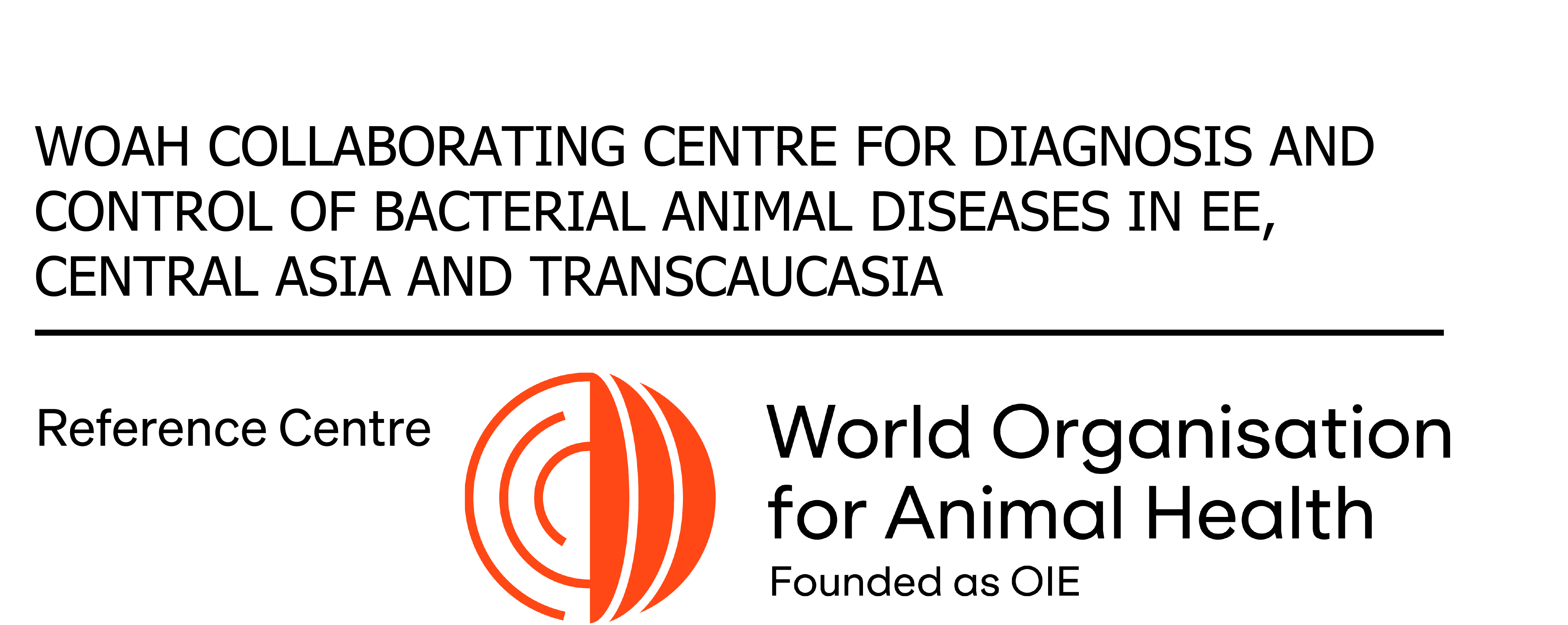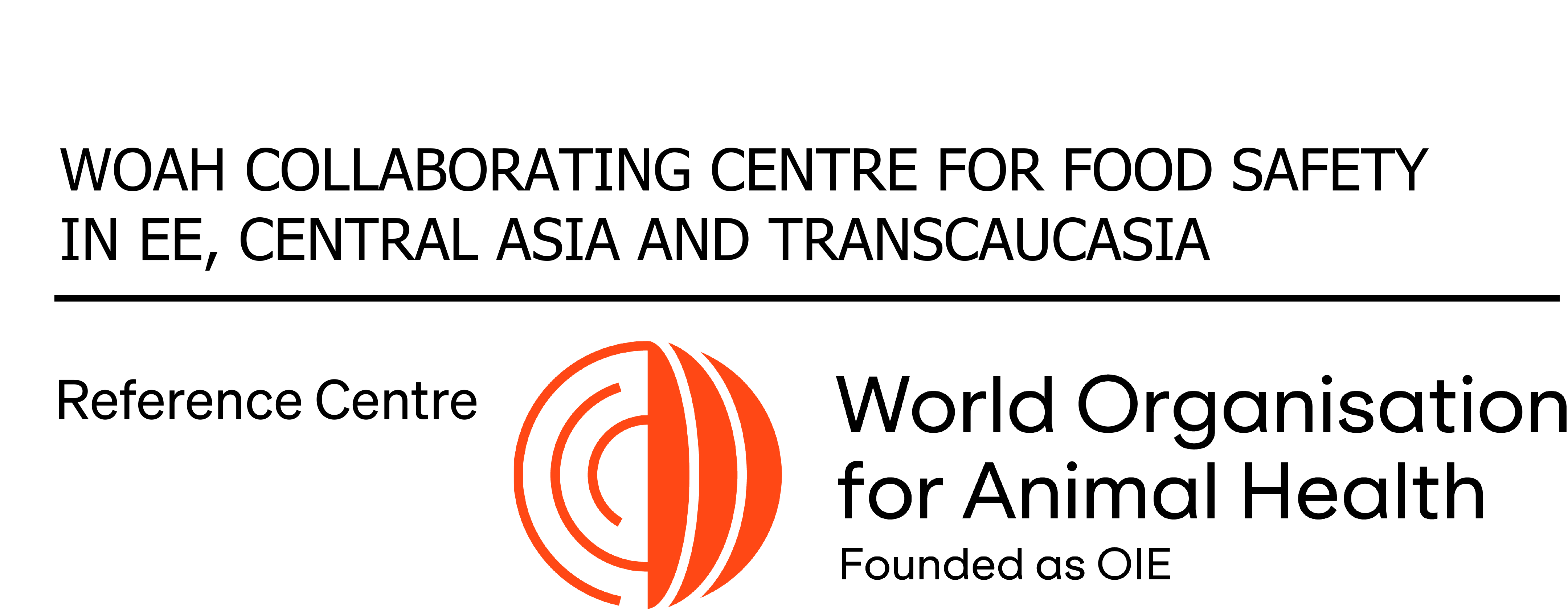VGNKI research provides scientific and technical support for measures taken to address potential contamination of food, feed and feed additives with chemical and biological agents at all manufacturing stages based on a risk-oriented approach.
The research is guided by the Federal Scientific and Technical Program for Agricultural Development for 2017-2025, adopted by Governmental Decree № 996 dated August 25, 2017, and is targeted at:
creating conditions for scientific and technical development;
gaining results necessary to develop technologies, manufacture products and provide services which ensure self-sufficiency and competitiveness of the agricultural industry;
promoting an advanced training system for people employed in agriculture to help them rapidly adapt themselves to scientific and technological progress;
developing and applying technologies for manufacturing of the high-quality feed, feed additives, and animal drugs.
VGNKI research helps increase the efficiency of the state monitoring of chemicals in food and food stock. This is essential as there has been a rapid evolution within the chemical and pharmaceutical industries added to a significant rise in Russian imports of new drugs from a growing Asian market.
Aiming at ensuring the quality of the Russian food, VGNKI research addresses AMR, GMO-containing products, prohibited and harmful substances in products of animal origin.
The results of VGNKI research are primarily targeted at identification and minimization of hazards associated with:
- chemical contaminants with toxic properties, contained in the imported food, which pose a threat to food safety of Russia;
- illegal administration of prohibited substances to farm animals in the territory of the Russian Federation;
- lack of analytical methods for detection of unknown chemical contaminants and the related risk underestimation;
- lack of an appropriate algorithm for GMO-screening based on certain plant species, contained in samples tested;
- lack of advanced quality control of frozen semen of seed bulls and others.





